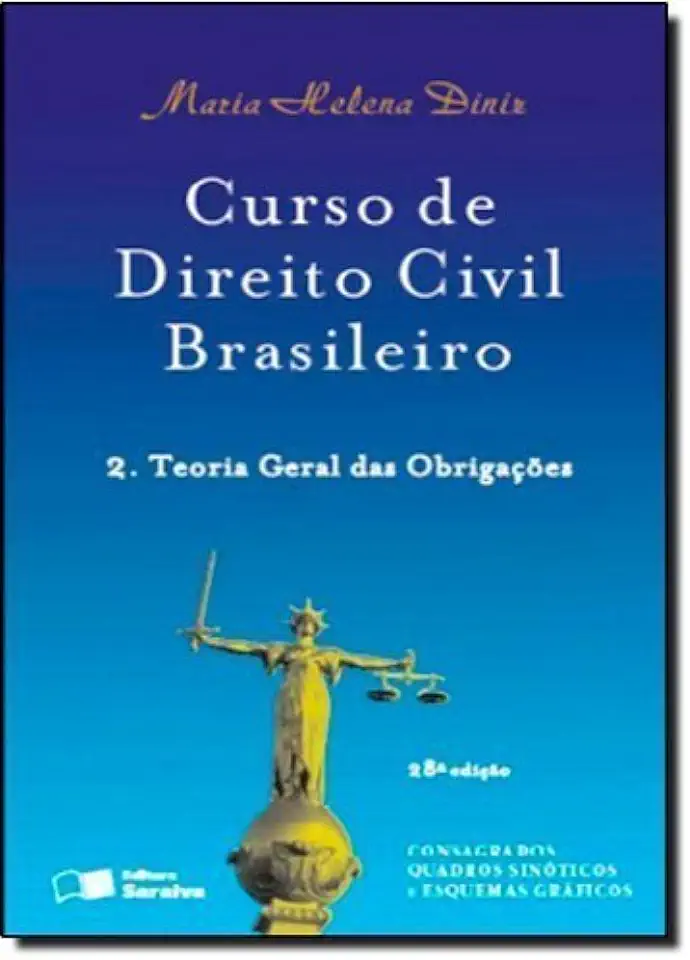
Strike - Facts and Meanings - Pedro Castro
Strike: Facts and Meanings by Pedro Castro
A Comprehensive Exploration of Labor Strikes and Their Impact on Society
In his groundbreaking book, "Strike: Facts and Meanings," Pedro Castro delves deep into the world of labor strikes, providing a comprehensive analysis of their causes, consequences, and significance in shaping societies. With meticulous research and compelling storytelling, Castro presents a thought-provoking examination of this powerful tool employed by workers to fight for their rights and improve their working conditions.
Understanding the Essence of Labor Strikes
Castro begins by defining labor strikes as collective actions taken by workers to express their dissatisfaction with their employers and demand better treatment. He emphasizes that strikes are not merely isolated incidents but rather manifestations of deep-rooted issues within the labor market, often reflecting broader social and economic inequalities.
Historical Perspectives on Labor Strikes
The book takes readers on a historical journey, tracing the evolution of labor strikes from their early origins to their current forms. Castro draws upon historical accounts, case studies, and personal narratives to illustrate how strikes have played a pivotal role in shaping labor relations, workers' rights, and social progress throughout history.
The Causes and Consequences of Labor Strikes
Castro provides an in-depth analysis of the factors that trigger labor strikes, including unfair wages, unsafe working conditions, lack of benefits, and erosion of workers' rights. He also explores the consequences of strikes, both positive and negative, examining their impact on businesses, the economy, and society as a whole.
Labor Strikes as Agents of Social Change
The book highlights the transformative power of labor strikes in bringing about positive social change. Castro argues that strikes are not just about economic demands but also about workers' dignity, social justice, and the pursuit of a more equitable society. He presents inspiring examples of successful strikes that have led to significant improvements in workers' rights and living standards.
The Role of Solidarity and Collective Action
Castro emphasizes the importance of solidarity and collective action among workers in making strikes effective. He explores the strategies and tactics employed by unions and workers' organizations to mobilize support, build alliances, and exert pressure on employers and governments.
Challenges and Controversies Surrounding Labor Strikes
The book also addresses the challenges and controversies surrounding labor strikes, including the potential for violence, economic disruption, and the impact on innocent bystanders. Castro provides a balanced perspective, acknowledging the complexities and trade-offs associated with this form of protest.
Conclusion: The Enduring Significance of Labor Strikes
In conclusion, Castro argues that labor strikes remain a vital tool for workers to fight for their rights and improve their working conditions. He emphasizes the need for ongoing dialogue, cooperation, and understanding between workers, employers, and governments to address the root causes of labor disputes and promote fair and harmonious labor relations.
Why You Should Read "Strike: Facts and Meanings"
"Strike: Facts and Meanings" is a must-read for anyone interested in labor relations, social justice, and the history of workers' movements. Pedro Castro's comprehensive analysis, engaging storytelling, and thought-provoking insights make this book an essential resource for understanding the complexities and significance of labor strikes in shaping our societies.
Order Your Copy Today!
Don't miss out on this opportunity to gain a deeper understanding of labor strikes and their impact on society. Order your copy of "Strike: Facts and Meanings" today and immerse yourself in this compelling exploration of one of the most powerful tools in the fight for workers' rights.